Mustang Gentler, Stefanie Skidmore, Believes in Slow Feeding and Slow Training
―L.A. Sokolowski
Taking it slow, whether it’s gentling wild horses or feeding them, is important. Ask Stefanie Skidmore with the Colorado nonprofit organization, Wild Horse Outreach & Advocacy (WHOA). Since its creation in 2019, Stefanie and WHOA (wildhorseoutreach.org) have shared one mission: help mustangs successfully go from wild to mild, and from holding pens to loving homes. And for nearly five years, The Original NibbleNet® has been helping assure that those transitions are as easy on a horse’s digestion as on their spirit.
“I’ve used NibbleNets® personally since 2012 and with mustangs since I became a TIP trainer in 2017,” says Stefanie, referring to the Mustang Heritage Foundation Trainer Incentive Program (TIP) where approved TIP trainers may gentle and train Bureau of Land Management (BLM)-branded wild horses or burros, as well as market and find new homes for them. “My veterinarian recommended NibbleNets®.”
Wild horses can spend up to 90% of their day eating or moving in search of food, which aids in digestion and helps to avoid colic, ulcers, and the digestive upsets commonly found in domestic horses. Insulin-resistant, diabetic, foundered or laminitic horses are rare in nature.
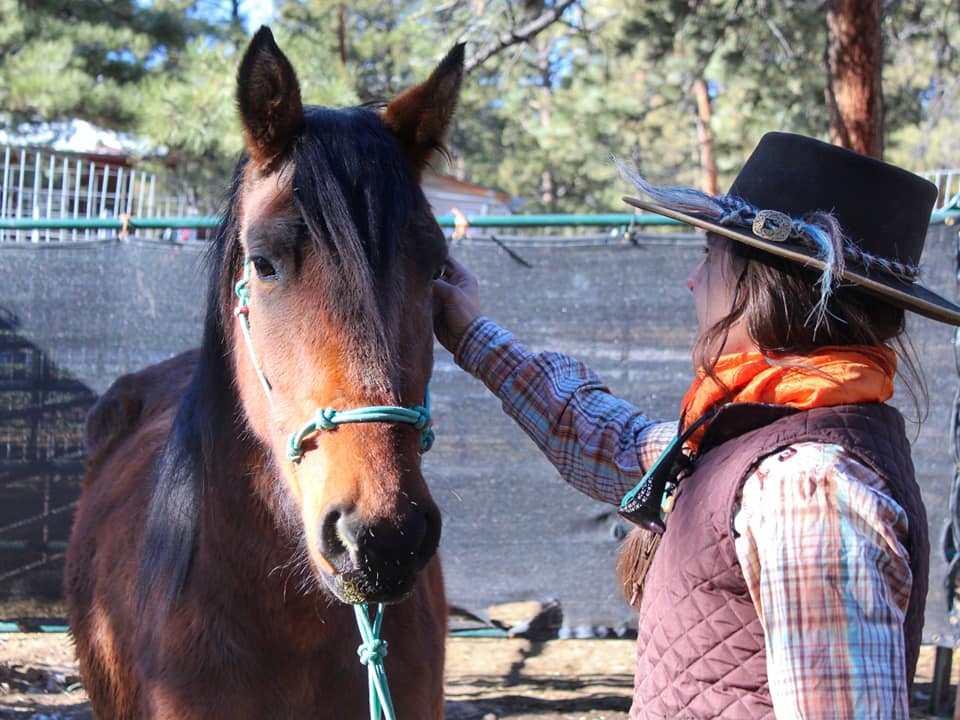
“When gentling mustangs, we’re allowing the other party to settle in and come out of their shell, to learn what to expect, to ask questions, and to figure out how to interact with their handler. It takes time for me to figure out a horse and what works, through reading them and adjusting to what I see. At times we move forward by taking a step back. Sometimes it’s giving a horse space to offer a behavior and express what they need. “Quality products from small businesses like NibbleNet® make the work safer and more enjoyable for everyone.”
Free feeding and grazing time are reduced for most domestic horses. Slow feeding products like The Original NibbleNet® mimic Mother Nature and help wild horses transition into their new life and role with minimal digestive stress.
Last December, Stefanie took in a wild diamond in the rough: “The first time I saw her, I looked hard for a redeemable quality. I think I said her ears were cute.” Buttercup, as Stefanie called her, was a four-year-old mare adopted from a wild herd in Antelope Valley, Nevada. “She was not only plain and petite, on the thin side, and entirely frazzled by her surroundings, other horses, and life in general, she was incredibly scared. She would go into flight mode whether there was anywhere to go or not.”
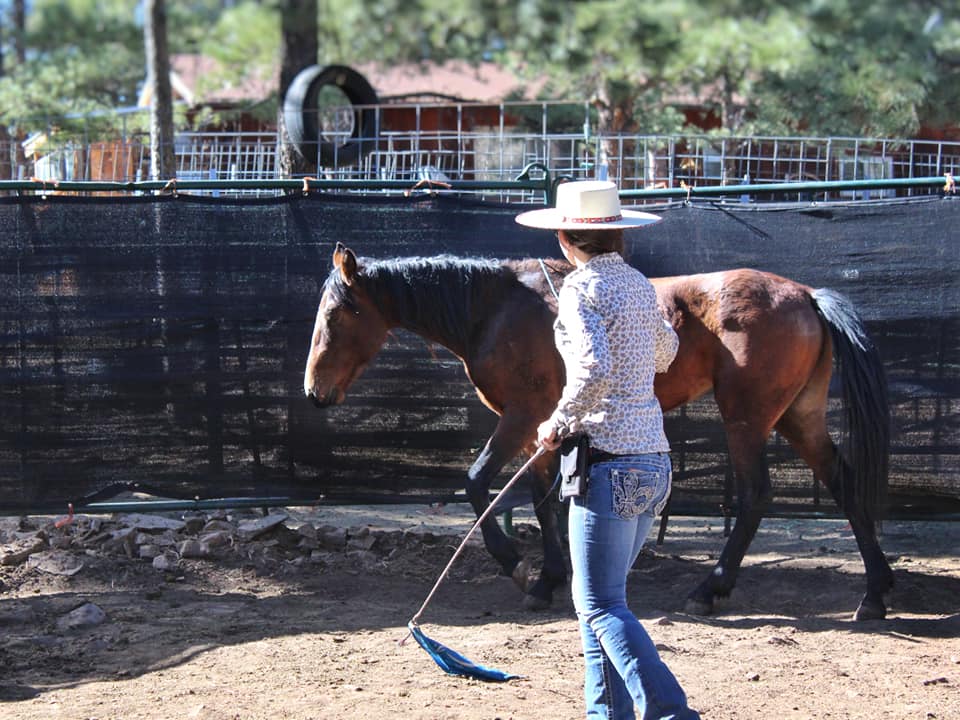
“The NibbleNet® helped Buttercup put on weight and kept her occupied and happy while she became accustomed to her new surroundings. We went from slow-if-any progress―wide-eyed, high-headed, full of snorts, and ready to bolt―to a low and relaxed head with licking and chewing, and thinking prior to acting. While all wild ones undergo a shift in mannerisms during gentling, it’s rarely as dramatic as in her case. Our once-ugly duckling turned into a much more swan-like being!”
Buttercup has since been adopted by a loving family that Stefanie says is “doing a great job” continuing with her training. “I’ve never been happier to admit that giving in to the pleading that got her onto my trailer was the best thing I could have done.” And (just maybe) her next best decision was choosing a NibbleNet®.
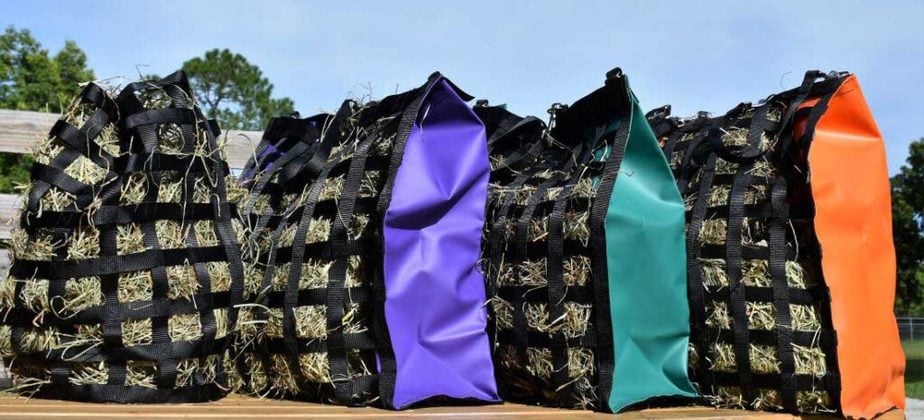
Learn more about The Original NibbleNet®, the healthy and safe slow-feeding system, and find a complete list of products, dealers, and distributors in the United States, Canada, and overseas at www.nibblenet.com.
About Wild Horse Outreach & Advocacy (WHOA)
Through gentling and finding suitable homes for once free-roaming wild horses, embarking on backcountry pack trips with our resident Ambassador Mustangs, and sharing the process as well as our experiences with the public, we aim to ignite and foster awareness of and respect for the American Mustang and our public lands. Our goal is to encourage compassionate, informed stewardship of wild horses―wildlife as well as wild places―and their responsible management in order for both present and future generations to be able to enjoy them.
We seek to “Inform & Inspire” people in such a way that the insight they gain may benefit wild horses both on- and off-range. We assist adopters in finding and training a suitable Mustang partner and empower adopters and owners of once free-roaming equines who are seeking to form a strong, healthy partnership with their wild one.
At WHOA, we believe that there is a Mustang out there for anyone willing to put in the time and effort required to build and maintain a relationship with their wild horse, who is willing to ask for and get help when needed, and who is open to trying new things if the old, familiar methods stop working or there is a better way of interacting with, learning from and teaching one another.
Wild Horse Outreach & Advocacy (WHOA) is a Colorado 501(c)3 non-profit corporation.
Click here to find out how you can support WHOA or to make an online donation.
To contact WHOA, please email info@wildhorseoutreach.org or call 719-377-8587.
More stories on America’s Mustangs:
L.A. Sokolowski is a New York-based award-winning multi-platform journalist, image/brand consultant, and nonprofit development advisor at the highest international levels of equestrian sport, welfare, lifestyle and culture. She is 2017 recipient of the American Horse Publications Chris Brune Spirit Award for her contributions to the horse industry, 2020 nominee and 2016 Syracuse Press Club Sportswriting Award winner, 5x winner of AHP Media Awards for excellence in freelance equestrian journalism, and was recognized by ACOG for outstanding press relations services at the 1996 Olympics.



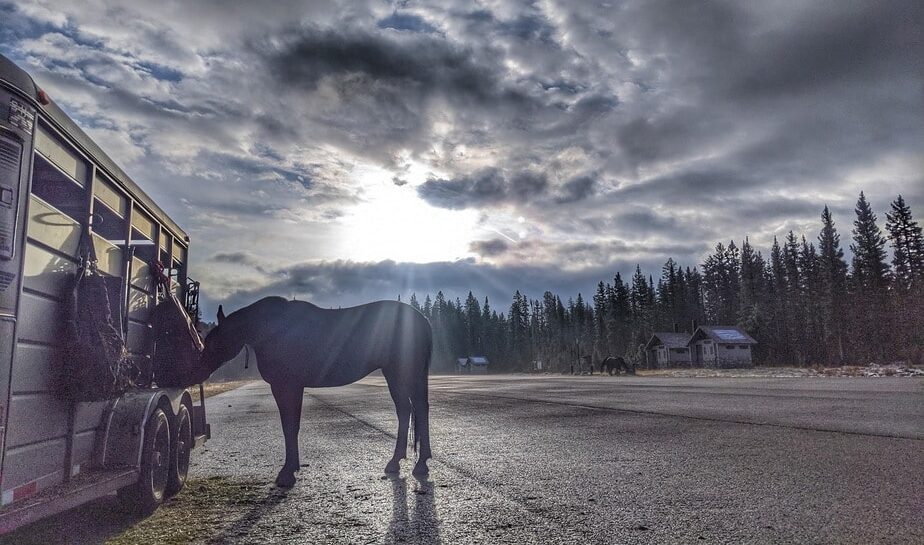

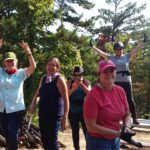
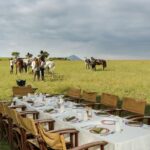

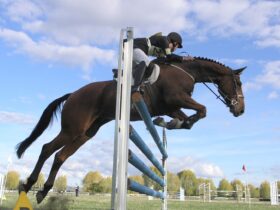
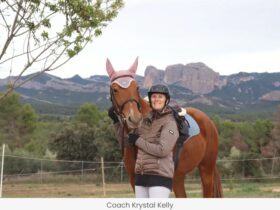
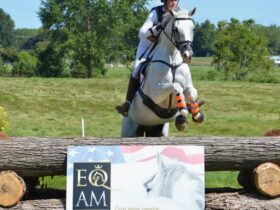
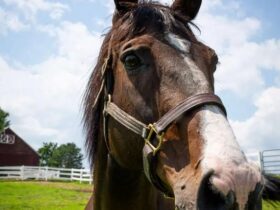
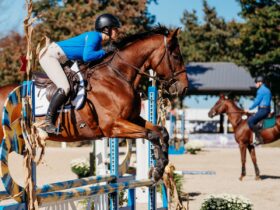
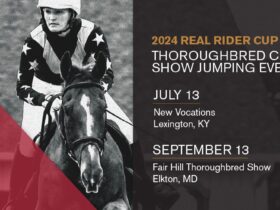
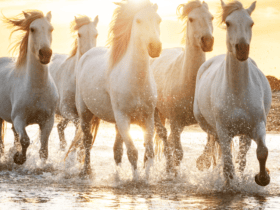
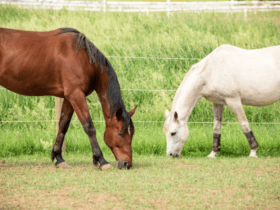
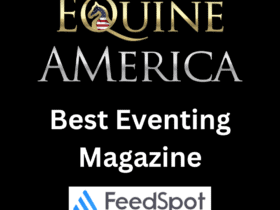
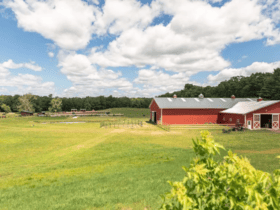


SOCIAL